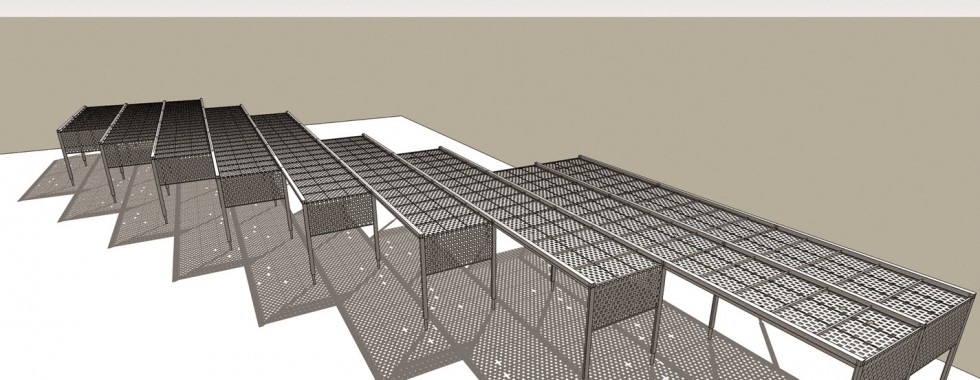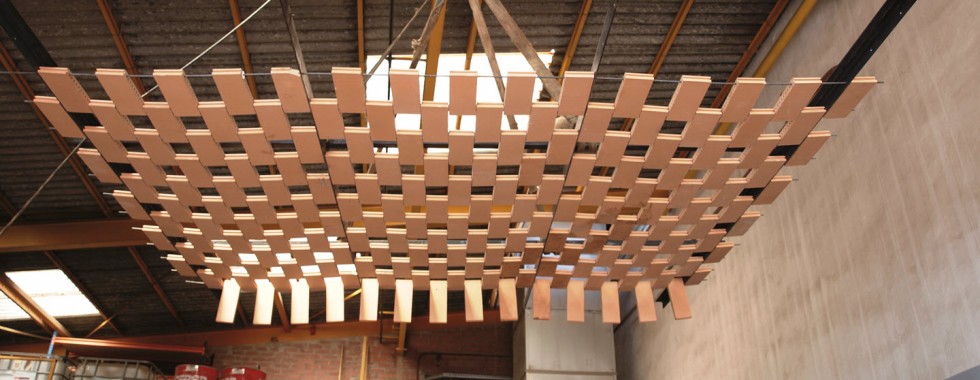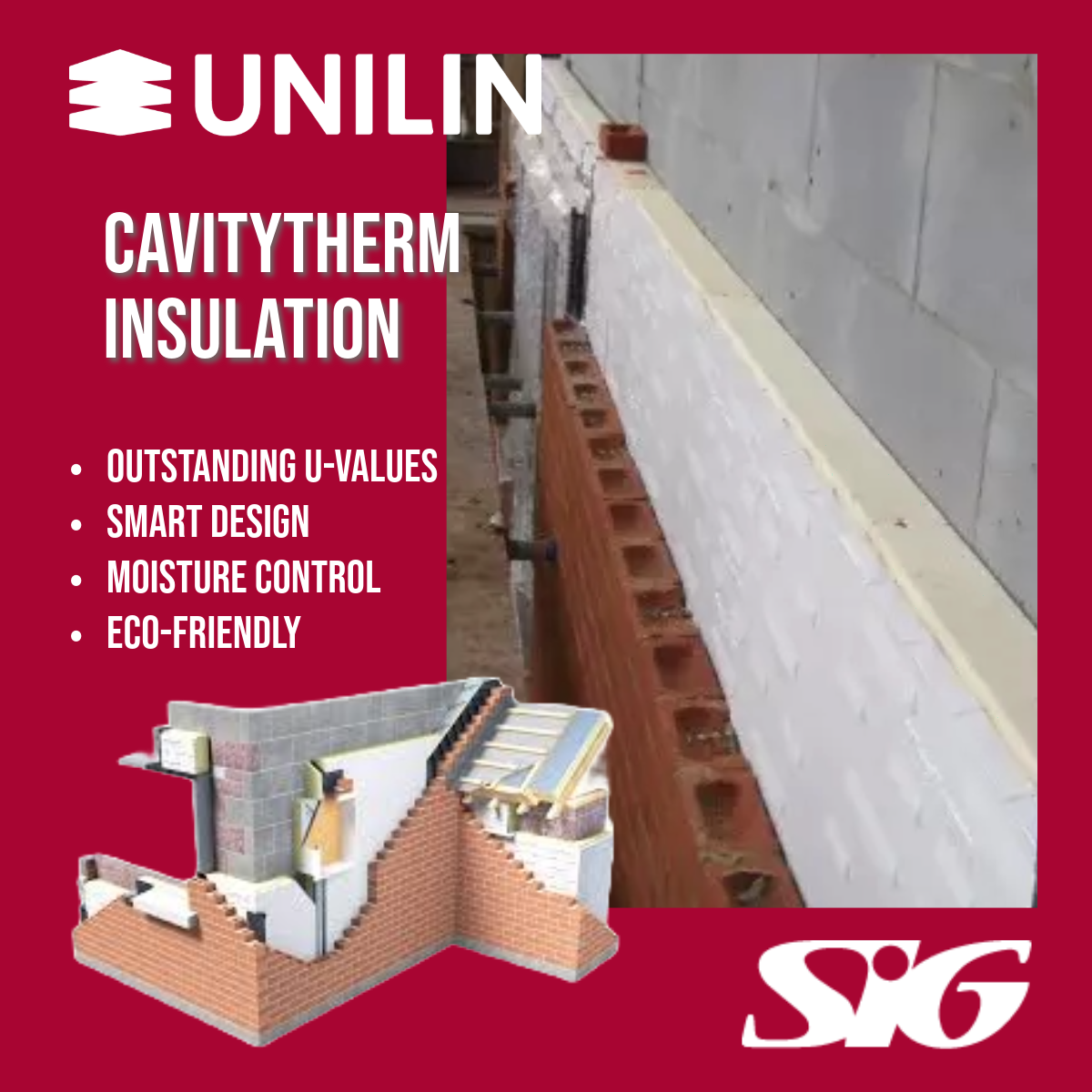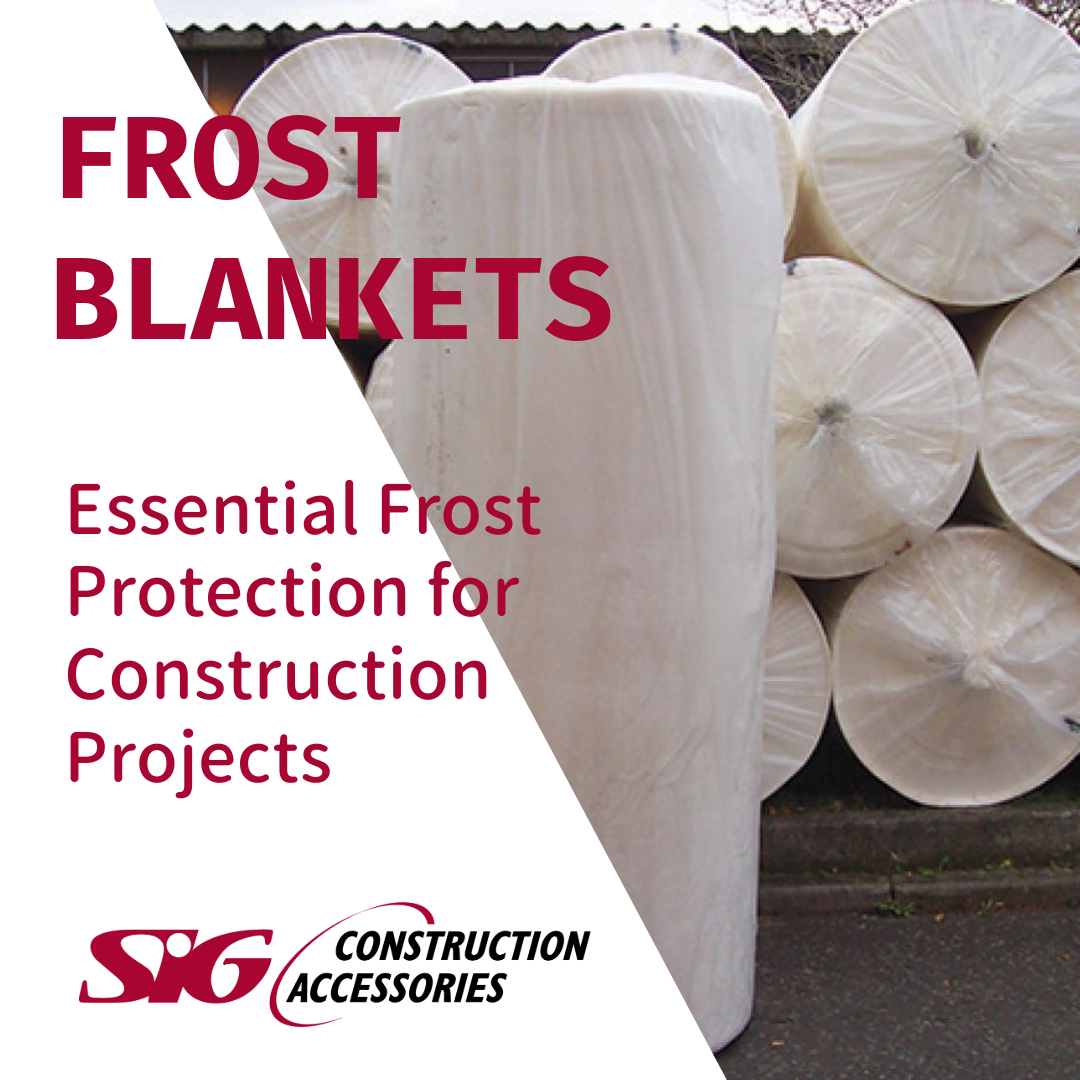SIG Facades represent FLEXBRICK in Ireland and the UK. The FLEXBRICK ceramic textile dressing system is a new technological concept, opening up an endless range of dry assembly cladding systems in architecture. FLEXBRICK can dress facades, roofs, vaulted ceilings and paved areas exploring new relations with textile architecture.
WHAT IS CERAMIC TEXTILE?
Ceramic textile is an innovative industrialised system based on an interwoven steel wire mesh, which is enclosed in a mosaic of ceramic clay tiles stacked in horizontal and vertical bands. Its main advantage is that it provides us with an ancient material in a new format that improves on traditional manual piece-by-piece installation.
WHAT ARE THE ADVANTAGES OF FLEXBRICK?
1. SUSTAINABILITY
The light-permeable façade acts as a natural sunscreen and reduces solar radiation. It allows tempered interspaces on buildings. Flexbrick can easily be recycled because it only consists of two dry woven materials, the steel mesh and the ceramic elements, which are easy to separate in order to recycle.
2. LARGE DIMENSION FORMATS
It is possible to design and construct by using large-scale formats of up to 20 meters, which saves a considerable amount of time, effort and labour costs.
3. OPTIMAL EXECUTION PERFORMANCE
Laying by means of a crane accelerates the constructive process significantly with the finish already incorporated in a single operation.
4. FLEXIBILITY
Being highly flexible, the textile can be folded and transported in pallets for storage and transportation, taking up little space and easy to move. The long strips make its installation easy, quick and economical.
5. MULTIPURPOSE
Architects can make the most of the versatility of Flexbrick ceramic tiles, as said tiles offer multiple functions. Different applications in the same building work may be provided using the same ceramic element with the same colour and the same texture. By modifying less than 10% of the mesh components, Flexbrick may be applied in pavements, façades and roofing facilitating the continuous enclosure. The same Flexbrick with identical aesthetic finishing can be used in façades, concrete panels, pavements, structures, etc.
6. VARIABILITY
A prefabricated system which allows numerous tissue configurations and colour ranges. It presents a wide range of colours, shades, glazed surfaces and other materials. The SIG Facades technical team can advise you on your project requirements.
7. DESIGN
Architects and designers can come up with multiple configurations of patterns that can be customised. The ceramic tiles on the meshes, like the notes on a stave, can freely be arranged with gaps in between the tiles, thus achieving a greater variety than in the case of traditional latticework built by bricklayers. Ceramic tiles display a great deal of variation: the system allows numerous configurations, such as staggered joints, openwork or mosaic.
8. EXTEND THE TRADITIONAL USE OF CERAMIC PRODUCTS
Extend the traditional use of ceramic products to new potential markets in architecture and civil works.
9. EASY MAINTENANCE
Easy maintenance, repair, and recycling. As Flexbrick is a dry and roll system, it enables to “collect” the Flexbrick for making maintenance works easier in its batter or for replacement or recycling.
10. INSTALLATION
Installing a ceramic fabric façade is like hanging a curtain. It requires stainless steel rails to be attached to the ceramic fabric to sustain it. The rails are bolted onto support brackets, which have previously been anchored to the facing slabs. Flexbrick offers a high degree of accuracy. Thanks to the use of a metal mesh, the elements remain perfectly in line for any length. This is remarkable, especially in suspended light permeable façades or sunscreens.
WE PROVIDE A FULL DESIGN PACKAGE
SIG Facades can bring you more than just the supply of Flexbrick products – we can help you realise your creative requirements with a full design package and offer guidance and assistance through the whole process.
Check out our Services or speak with a member of the SIG Facades team about your project.





